Effecting Policy Change Through Coordination and Collaboration
Current Projects
Since our launch at the beginning of 2021, we have focused our efforts on projects that strengthen and promote well-managed fisheries and improve communication about the science and information that supports them. Our current work includes:
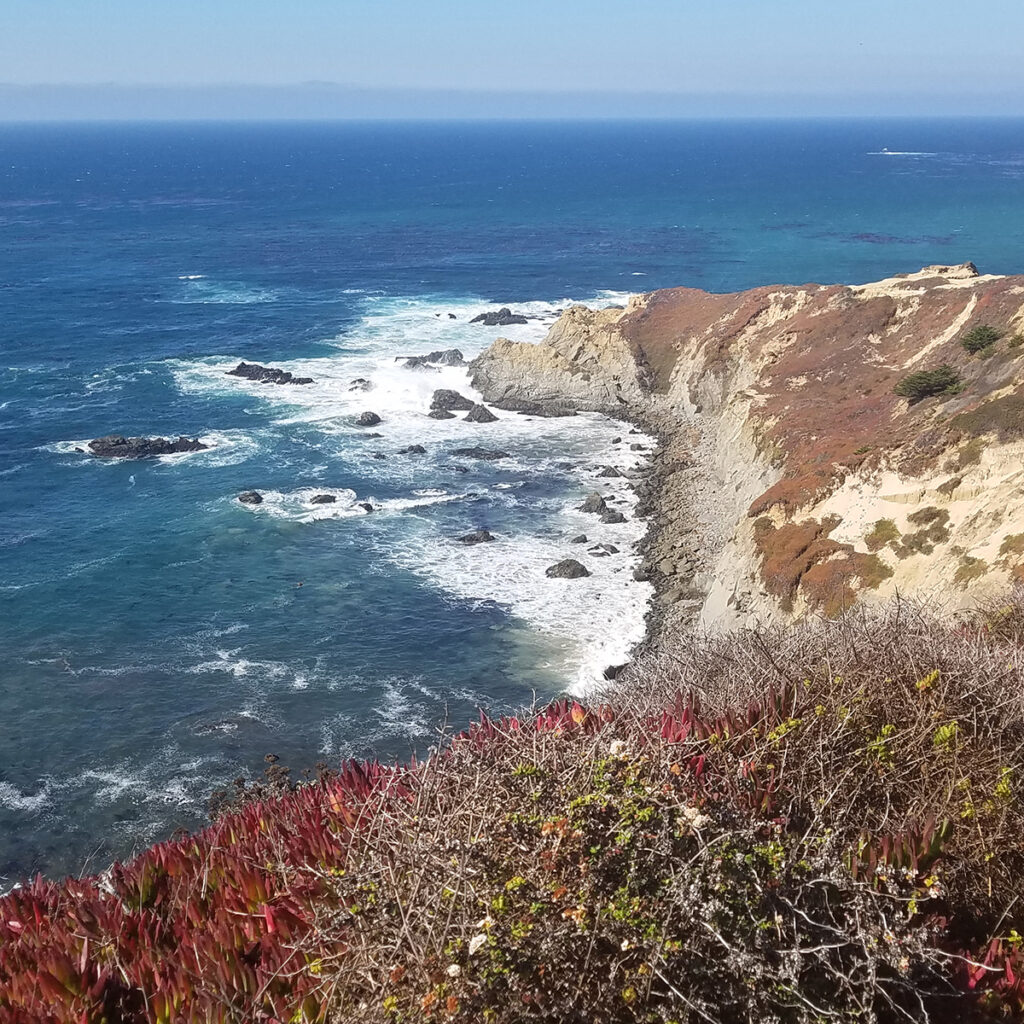
Advancing Ecosystem-Based Fishery Management
With the rapid progression of changing ocean ecosystems and the effects on coastal fisheries, it is imperative that fishery managers take actions now to prepare for the future. We are collaborating with Ocean Conservancy and other conservation organizations to create science-based solutions for healthy oceans and the fish, wildlife, and communities that depend on them, by advocating for ecosystem-based fishery management actions by NOAA Fisheries and the regional fishery management councils. By incorporating ecosystem science information into fisheries management decisions (e.g., through stock assessments, risk assessments, or management strategy evaluations), regional councils can manage fisheries through changing ocean conditions and help strengthen fishing communities.
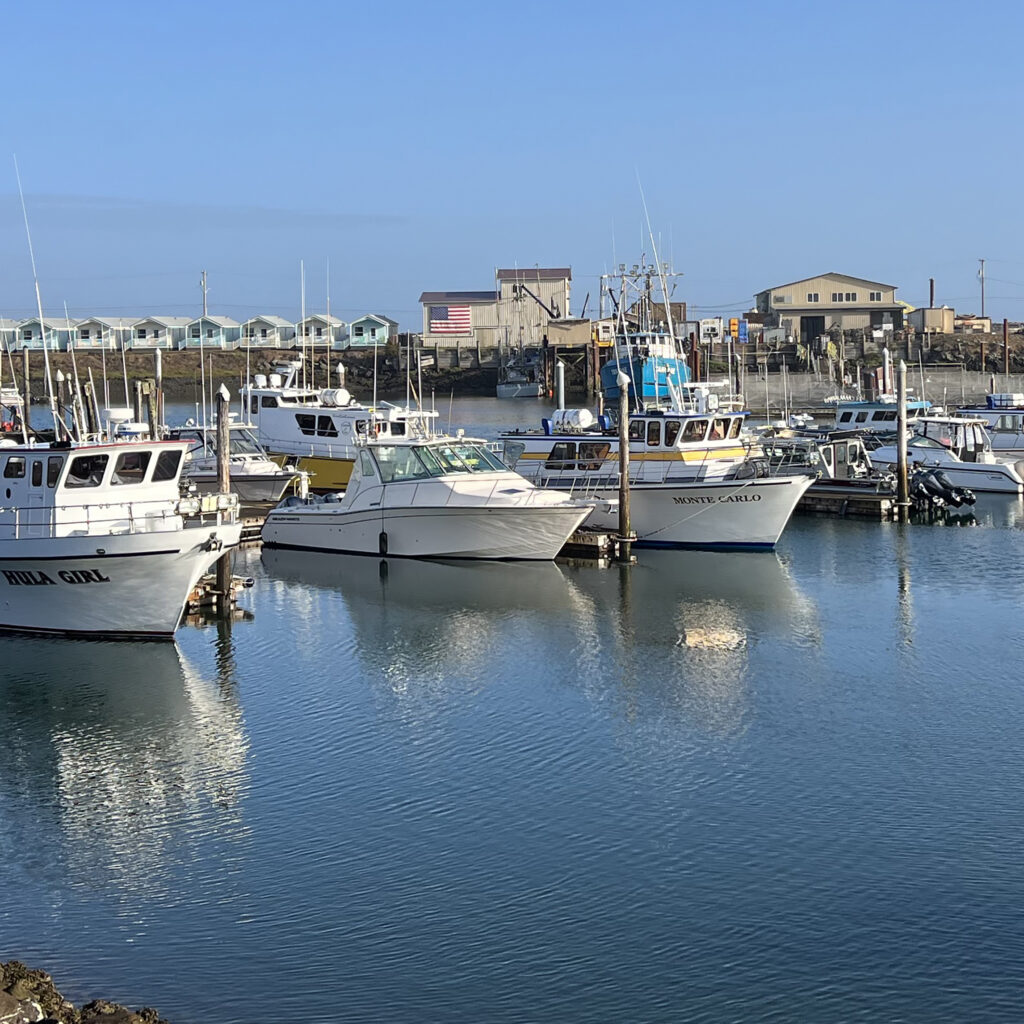
Sharing Best Practices for Managing Recreational Fisheries
While recreational fisheries encompass those who fish for sport or pleasure, many anglers also enjoy consuming and sharing fish with their families and friends, and for-hire vessels depend on recreational fisheries to support their businesses. In partnership with Ocean Conservancy, we identified and shared a description of the west coast recreational fishery data system and best practices for managing recreational fisheries and are working through the NOAA Fisheries and Gulf States Marine Fisheries Commission’s processes to improve recreational fishing data collection and management efforts in the Gulf of Mexico.
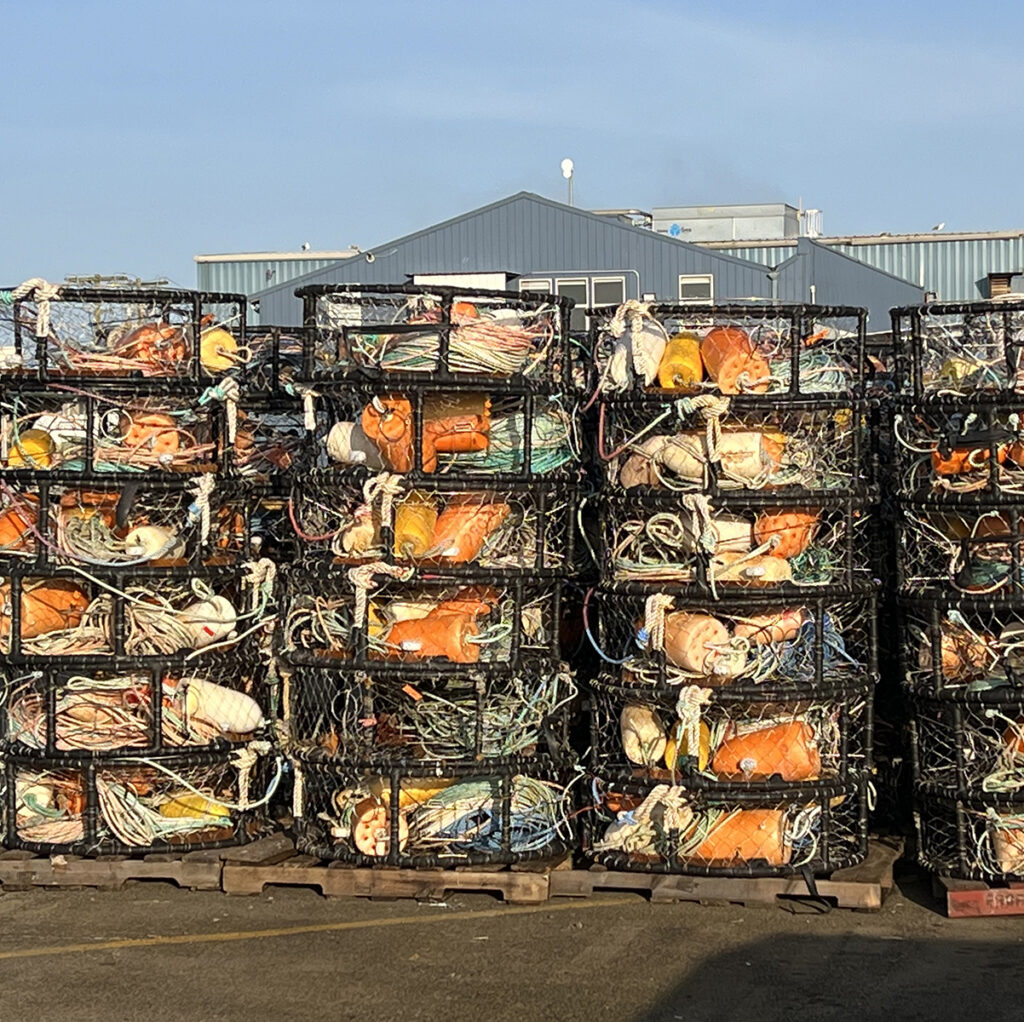
Strengthening Community Resilience
As fisheries around the globe are affected by changing ocean conditions, we worked with Environmental Defense Fund to help Pacific Northwest coastal communities find practical and lasting solutions to strengthen their resiliency against their most pressing problems. We helped the coastal fishing communities of Westport and Ilwaco in Washington state create a vision for their future, identify threats to their communities’ economy, social wellbeing, and cultural heritage, and develop a roadmap to navigate the challenges ahead. Together, we are collaborating with commercial fishery interests to identify and explore pathways to reinvigorate west coast fishing communities and develop local economies while also continuing to find opportunities to help these Washington coastal communities implement their roadmap.
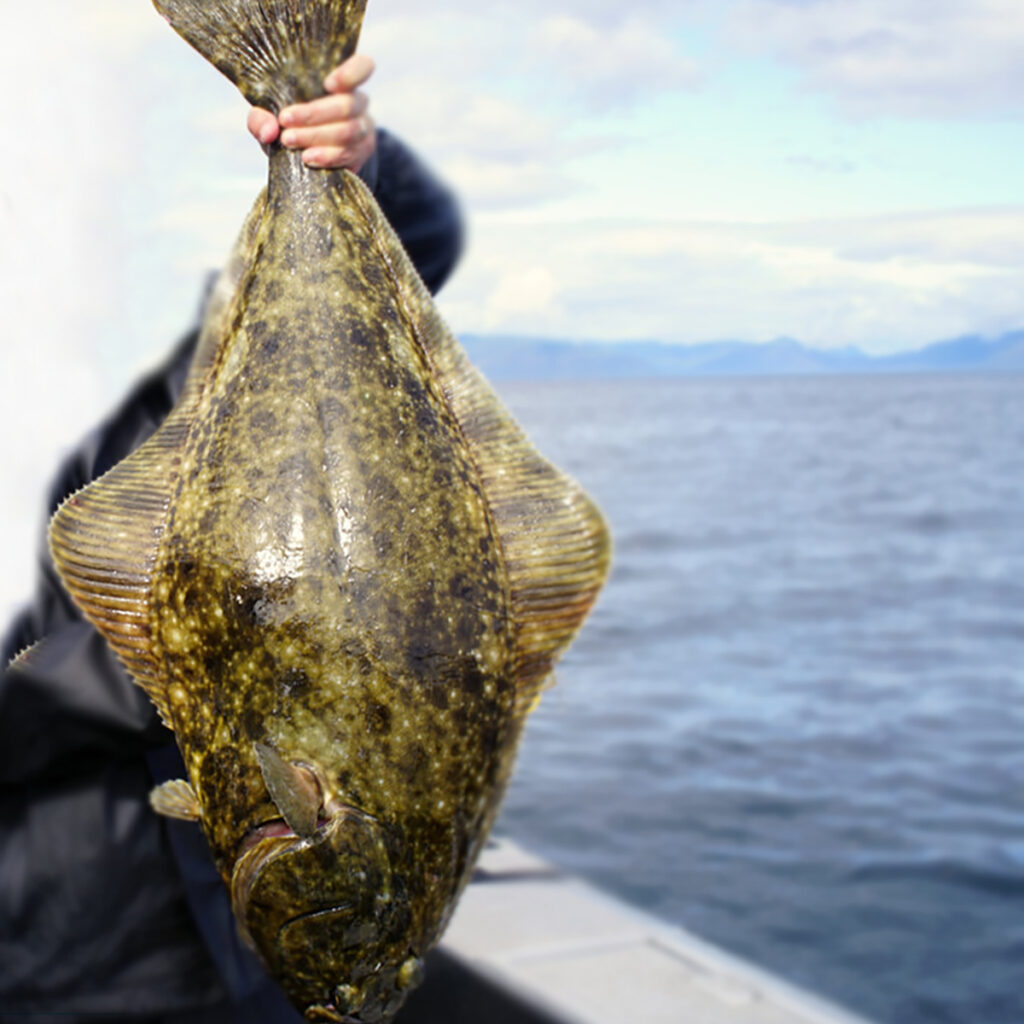
Assessing the Management of Pacific Halibut
In 2013, the International Pacific Halibut Commission initiated a Management Strategy Evaluation (MSE) process to assess alternative management procedures or harvest strategies for halibut throughout its range. The MSE uses an operating model to simulate the Pacific halibut population–informed by decades of fishery-independent survey and fishery data–and potential ecosystem effects. Through model simulations, the MSE process allows scientists, fishery managers, and stakeholders from the U.S. and Canada to identify and evaluate the trade-offs of various harvest strategies in the short- and long-term relative to accomplishing conservation and fishery objectives within acceptable levels of risk. We are collaborating with commercial fishery participants to ensure their interests are accurately characterized and represented in the process, coordinating with tribal and recreational fishery representatives, and keeping stakeholders apprised of MSE outcomes and progress.
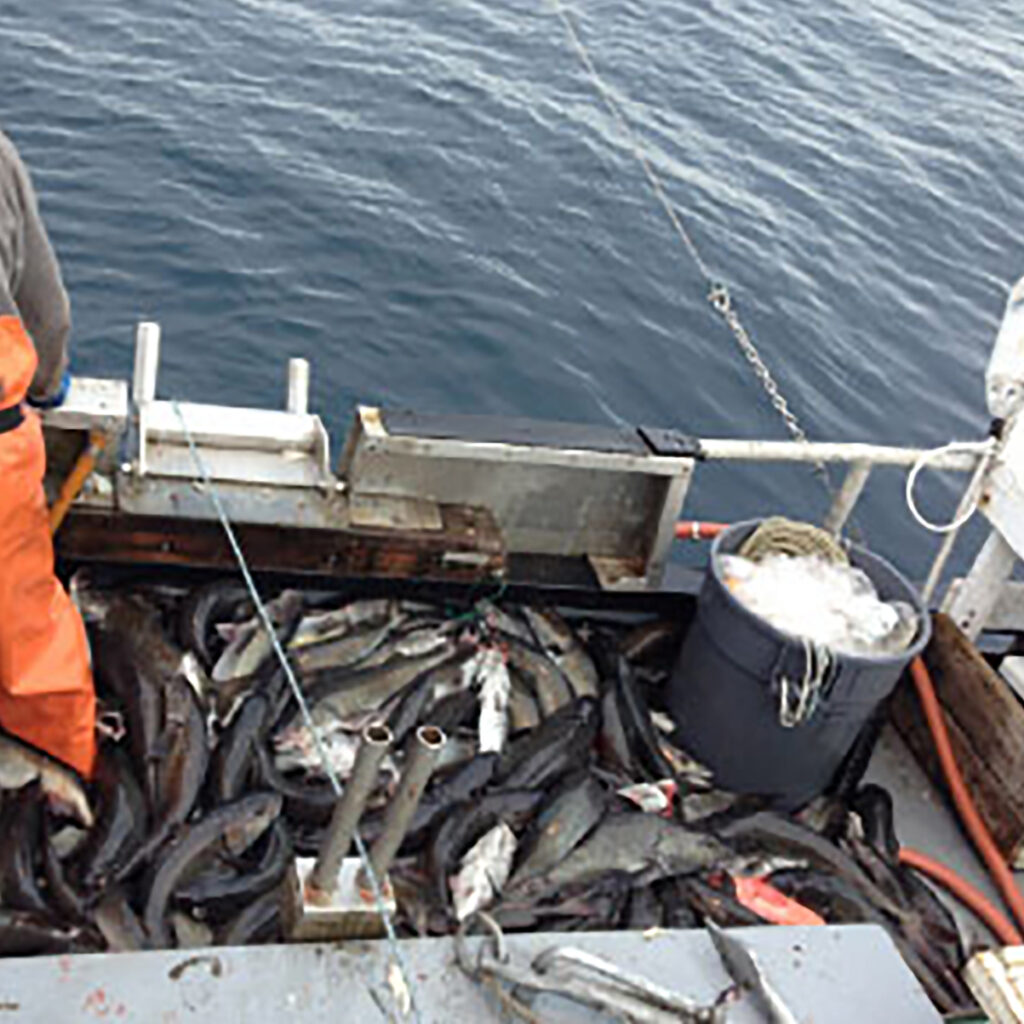
Using Fixed Gear to Harvest Sablefish in the West Coast Trawl Fishery
In response to a concern that the harvest of sablefish by fixed gear (i.e., pots/traps or bottom longline) in the trawl groundfish individual fishing quota (IFQ)
fishery could impede the ability for trawl to fully attain harvest limits, the Pacific Fishery Management Council took action in April 2024 to limit the amount of sablefish IFQ that could be caught with fixed gear in years when the northern sablefish annual catch limit is below 6,000 mt. As part of the design of the IFQ
program, the Council allows the use of any legal gear to harvest trawl IFQ. Since its inception in 2011, the amount of sablefish IFQ that has been caught with fixed gear varies has been about 29 percent for the past several years. Through a process that began in March 2018, we represented clients who: 1) value the program flexibility that gear switching provides; 2) understand that attainment of trawl quotas is primarily market-driven; and 3) want to maximize the economic return of the groundfish fishery for all participants and coastal communities. The next step in the process is to review the draft implementing
regulations which are expected to be available in 2025.
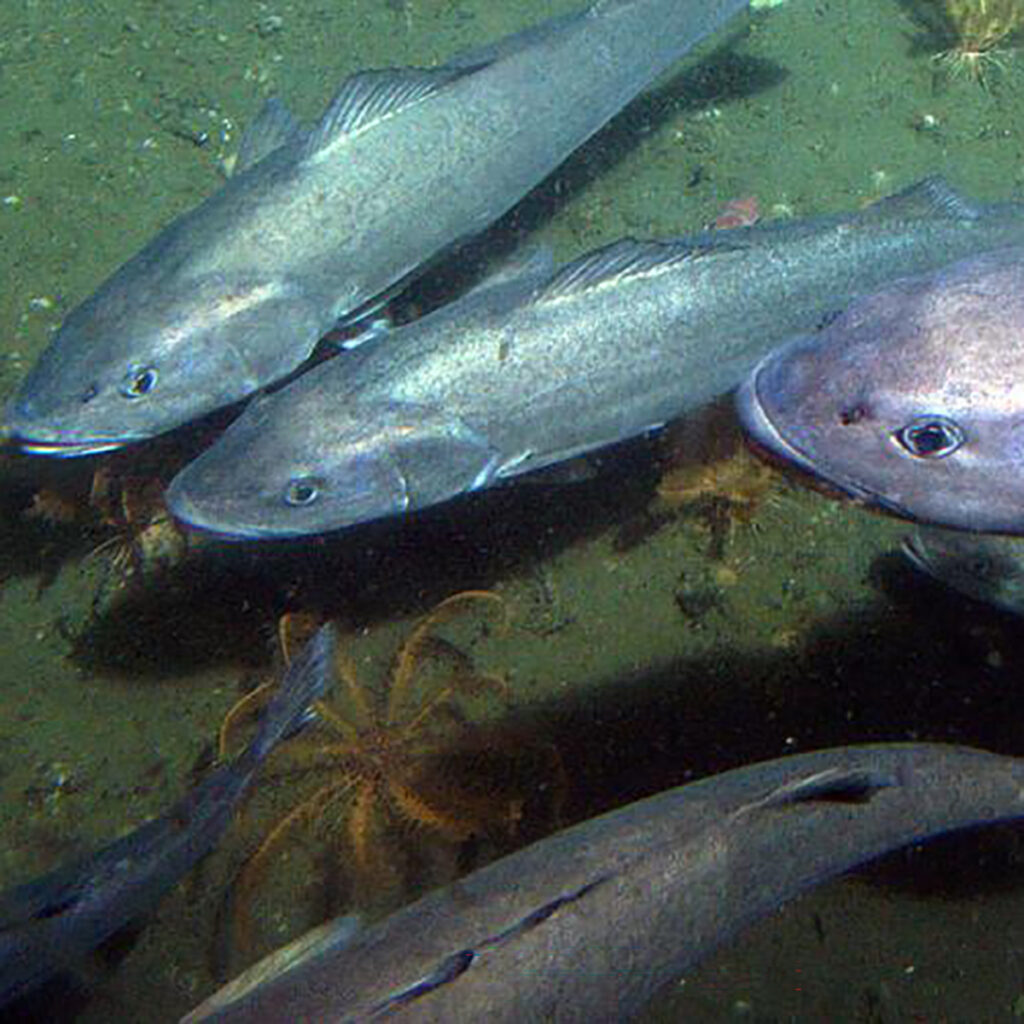
Assessing the Management of Sablefish in the Northeast Pacific
In 2015, the Pacific Fishery Management Council identified a concern regarding common trends in the status of the sablefish population throughout the Northeast Pacific and recognized the need for range-wide data analyses and scientific collaboration with Canada and Alaska. In response, the Department of Fisheries and Oceans Canada, Alaska Fisheries Science Center, Northwest Fisheries Science Center, and the Alaska Department of Fish and Game formed the Pacific Sablefish Transboundary Assessment Team (PSTAT). The PSTAT is working to understand range-wide sablefish stock dynamics and use a Management Strategy Evaluation (MSE) process to advise regional management. We are participating in the MSE process because we strongly support the consideration of appropriate conservation measures to ensure a healthy, harvestable sablefish population for the long-term and want to better understand the management changes that need to occur to support long-term sustainability and the limitations of the data and information available. We also want to ensure that the goals and objectives of the fishery sectors and communities that we represent are considered by the scientists, fishery managers, and decision-makers.
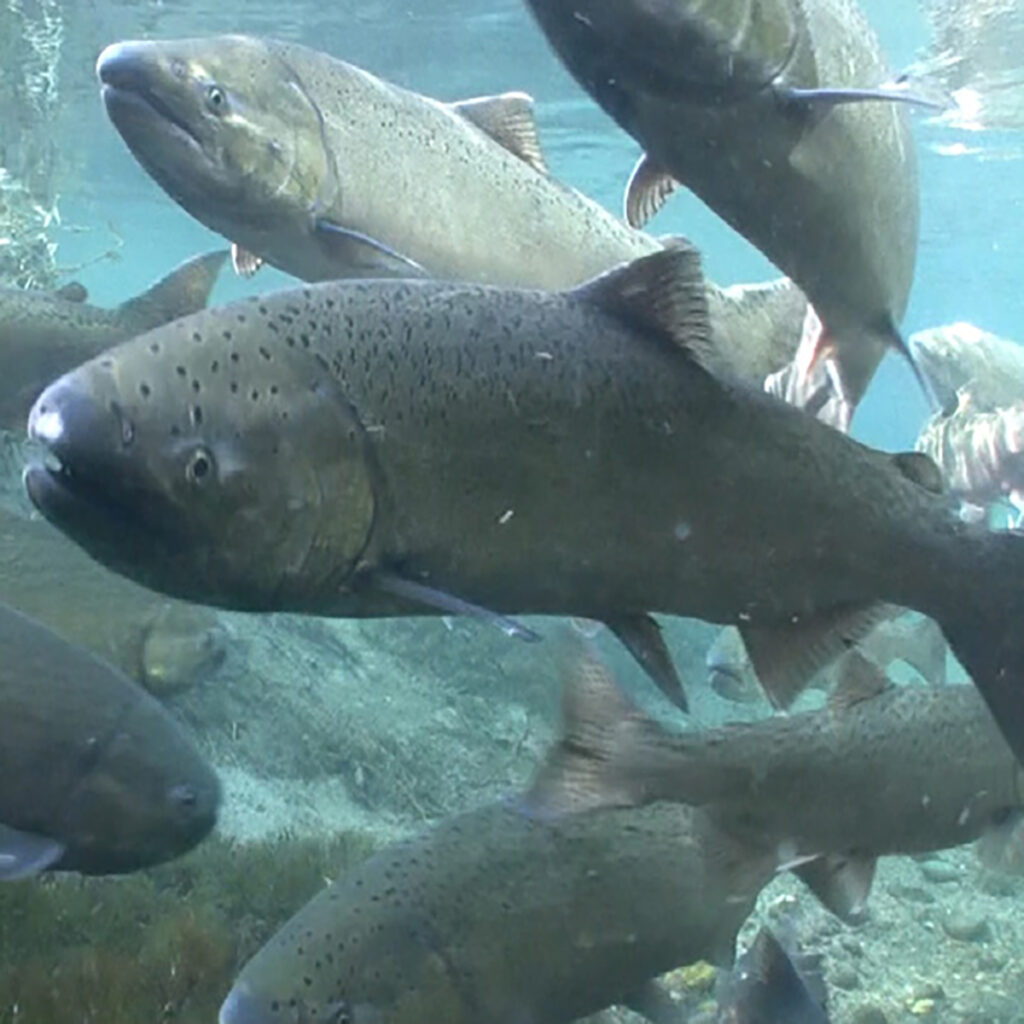
Evaluating Chinook Fisheries for Potential Sourcing for PCC Community Markets
The National Fisheries Conservation Center (NFCC) developed a Chinook sourcing evaluation framework for PCC Community Markets to ensure that the Chinook salmon sold in PCC stores were harvested in fisheries that are managed sustainably and have no or minimal impact on the Southern Resident killer whales’ (SRKW) preferred food source. We reviewed and analyzed available fishery data and assessed the fishery relative to risk associated with SRKW prey interception, stock depletion, and level of knowledge about the fishery per the PCC Chinook sourcing standards. Following the framework, NFCC assigned a grade for each of these risk categories; fisheries that “make the grade” are eligible for PCC sourcing.
Selected Publications
Linking knowledge and action for climate-ready fisheries: Emerging best practices across the U.S. (2023); co-author
Strengthening Community Resilience: A Roadmap to Manage Climate Impacts on Washington’s Coastal Communities (2023); co-author
PCC Community Markets’ Chinook Salmon Fishery Evaluation: Copper River (2022); author
Marine Spatial Plan for Washington’s Pacific Coast (2018); co-author
An Approach for Mapping Ecologically Important Areas off the Washington Coast (2017); co-author
State of the Washington Coast: Ecology, Management, and Research Priorities (2011); co-author
Marine Protected Areas in Washington (2009); co-author
Coordination and Collaboration Efforts
Pacific Fishery Management Council Ecosystem Advisory Subpanel (2022-present); co-chair
Washington Coastal Marine Advisory Council (2021-present, 2013-2019); member
International Pacific Halibut Commission Management Strategy Advisory Board (2024-present, 2013-2020); member
Pacific Sablefish Transboundary Assessment Team (PSTAT) Management Strategy Evaluation (2021-present); participant
PCC Community Markets’ Sustainable Seafood Products, Chinook Sourcing Standard (2021); reviewer/advisor
Southern Resident Orca Task Force, Prey Working Group (2018-2019); member
Lenfest Ocean Program: Building Effective Fishery Ecosystem Plans (2016); reviewer, advisory panel member
National Academy of Sciences: Review of Marine Recreational Information Program (2016); report reviewer
Providing Professional Consulting Services in These Focal Areas:

